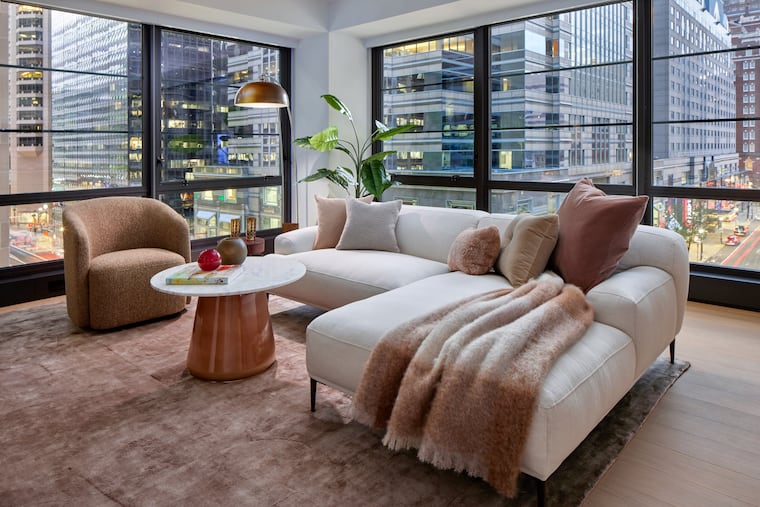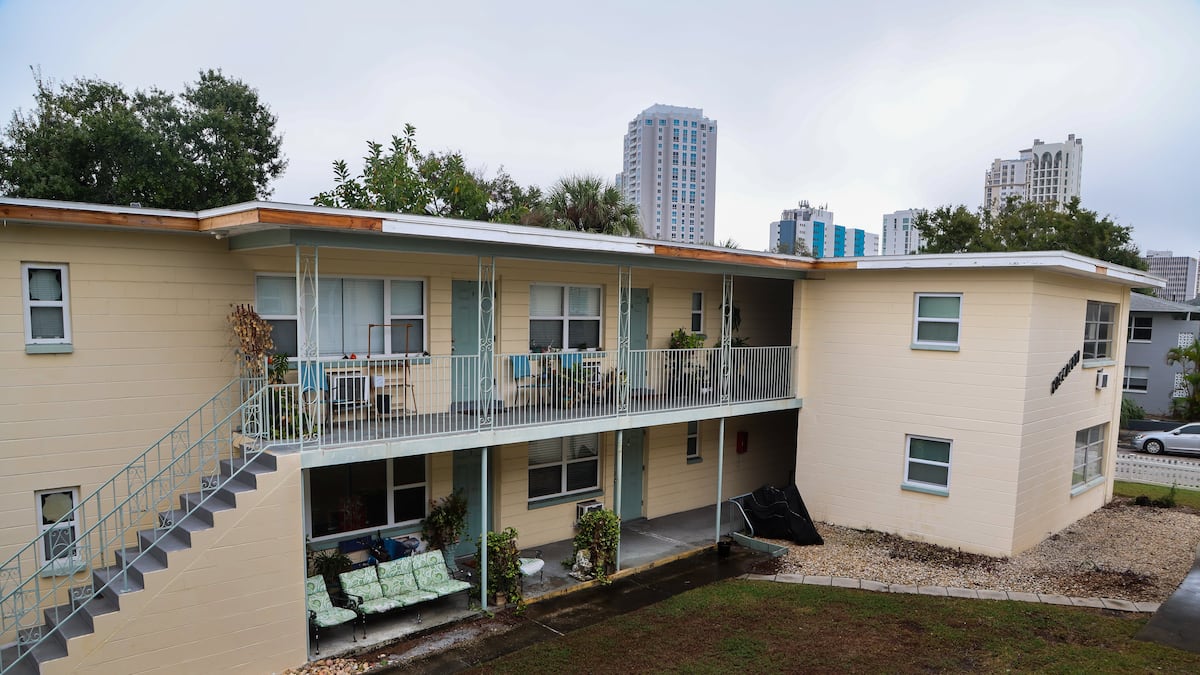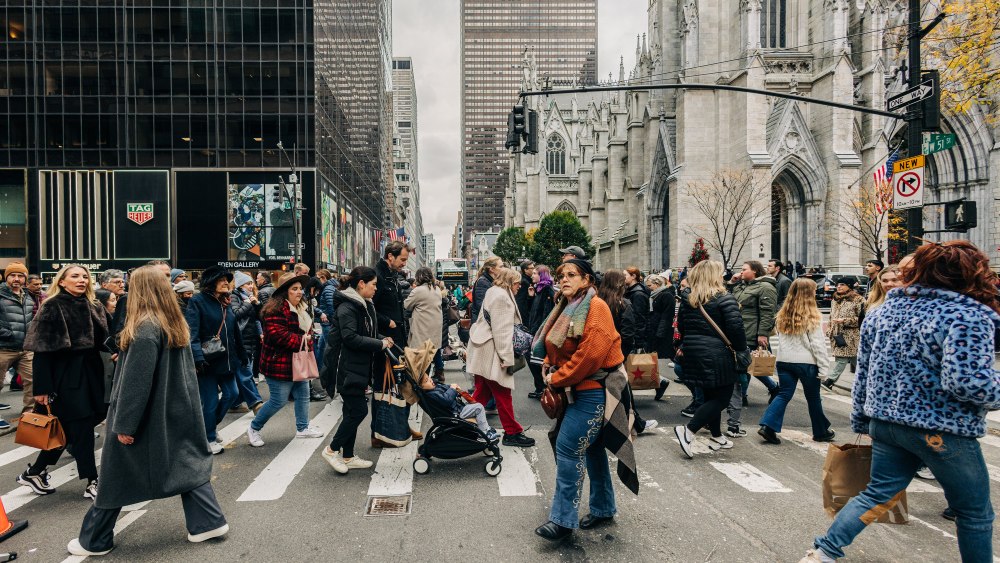P
hiladelphia is on the cusp of a major milestone in its post-pandemic transformation, with Alterra Property Group poised to complete the city's first significant office-to-residential conversion by Memorial Day. The 299-unit apartment complex at 1701 Market St., formerly an office building occupied solely by Morgan Lewis, will begin leasing in March.
This project stands out as a rare example of successful office conversions since COVID-19 struck in 2020. Alterra's vice president of multifamily acquisition, Connor Burke, credits the building's single-tenant setup and modest size for its smooth transition. "1701 is an exception where many key factors came together," he said.
One major challenge in office conversions is dealing with multiple tenants and leases expiring at different times. This can make it difficult to start renovation work if the building remains partially occupied. In contrast, 1701 Market's single occupant allowed Alterra to quickly begin construction after Morgan Lewis vacated the premises.
The building's size also played a crucial role in its conversion. At just over 305,000 square feet, 1701 Market is significantly smaller than many of its neighbors, including the towering BNY Mellon Building. This made it easier for Alterra to adapt the space without requiring expensive structural work or demolitions.
Alterra's senior vice president of development and construction, Mark Cartella, noted that buildings like 1701 Market are ideal candidates for office-to-residential conversions due to their smaller floor plates. "When you look at some of the other buildings in Philadelphia of this vintage, most of them are larger, deeper floor plates where a conversion might be more challenging," he said.
The city's zoning laws and tax incentives have also contributed to the project's success. Center City's flexible zoning regulations allow for conversions without lengthy approval processes, while the 10-year property-tax abatement provides a significant incentive for developers. This combination has made Philadelphia an attractive destination for office-to-residential conversions, with many other cities struggling to create similar incentives.
As Burke pointed out, "Center City is already densely populated, where you can be two blocks away from Rittenhouse Square and still be in the CBD." This proximity between residential and retail uses makes it easier to sell expensive new housing, setting Philadelphia apart from other American urban hubs.














